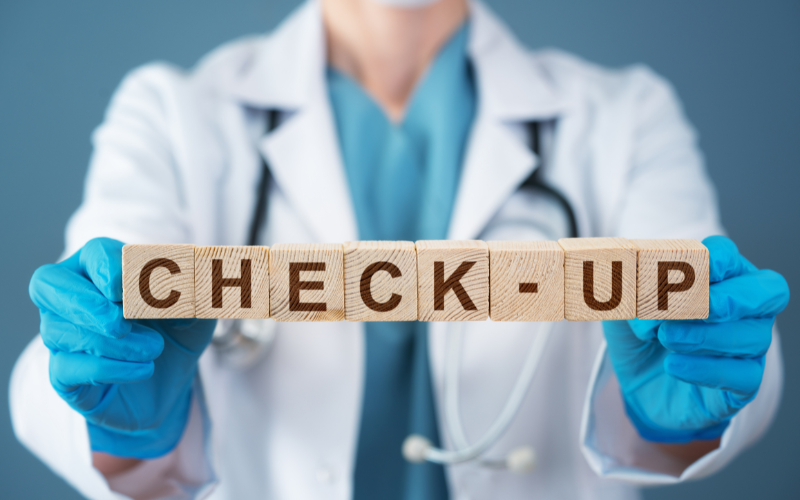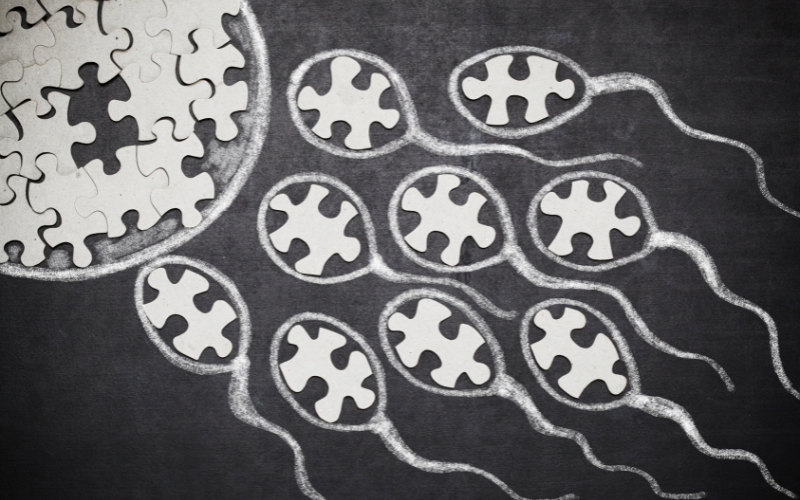Embarking on the journey to parenthood can be both exciting and overwhelming. It is essential to be well-prepared for the challenges and joys that lie ahead. This is where our ultimate pre pregnancy checklist comes into play. From understanding your health to making lifestyle changes, this comprehensive guide will help you navigate the path to a healthy and successful pregnancy. Let’s dive in and explore the key areas of focus for an optimal pre pregnancy experience.
1.Assess Your Health
Schedule a Preconception Checkup
Before you start trying to conceive, it’s important to schedule a preconception checkup with your healthcare provider. This appointment will help identify any potential health issues or risks that may affect your pregnancy. Your provider can also recommend any necessary vaccinations or tests.
Review Your Family Medical History
Understanding your family’s medical history is crucial in assessing potential risks to your future child. Discuss any genetic conditions or hereditary illnesses with your healthcare provider to determine if any additional testing or precautions are necessary.
Manage Chronic Conditions
If you have any chronic health conditions, such as diabetes, hypertension, or mental health issues, work with your healthcare provider to ensure they are well-managed before conceiving. This can reduce complications and improve the chances of a healthy pregnancy.

2. Optimize Your Lifestyle
Nutrition and Exercise
- Maintain a Healthy Diet : Aim for a balanced diet rich in fruits, vegetables, lean proteins, whole grains, and healthy fats. This will provide essential nutrients for both you and your developing baby. Also, consider adding prenatal vitamins, including folic acid, to your daily routine.
- Establish an Exercise Routine: Regular exercise is crucial for maintaining a healthy weight and improving overall well-being. Aim for at least 30 minutes of moderate exercise most days of the week. Consult with your healthcare provider for guidance on the most appropriate activities for you.
Eliminate Unhealthy Habits
- Quit Smoking : Smoking can harm both you and your baby, increasing the risk of complications during pregnancy. If you smoke, it’s essential to quit as soon as possible. Reach out to your healthcare provider for resources and support.
- Reduce Alcohol Consumption : Alcohol consumption during pregnancy can lead to severe developmental issues for your baby. It’s best to stop drinking alcohol altogether when planning to conceive.
- Limit Caffeine Intake : Excessive caffeine intake can increase the risk of miscarriage and affect fetal development. Limit your daily caffeine intake to no more than 200 milligrams, or about two cups of coffee.

3. Understand Your Fertility
Track Your Menstrual Cycle
Understanding your menstrual cycle is crucial in determining your most fertile days. Use a fertility tracking app or calendar to monitor your cycle and identify the best time for conception.
Know the Signs of Ovulation
Recognize the signs of ovulation, such as changes in cervical mucus, a slight increase in body temperature, or mild abdominal discomfort. These indicators can help you pinpoint the ideal time to conceive.

4. Prepare Emotionally and Financially
Strengthen Your Support System
Surround yourself with a strong support system of friends, family, and healthcare professionals. Their encouragement and guidance will be invaluable during your pregnancy journey.
Discuss Parenting Roles and Responsibilities
Having open conversations with your partner about parenting roles and expectations is crucial. Share your thoughts on childcare, finances, and other responsibilities to ensure a smooth transition to parenthood.
Evaluate Your Financial Situation
Raising a child can be expensive, so it’s essential to evaluate your financial situation before trying to conceive. Create a budget, review insurance coverage, and consider saving for future expenses such as childcare, education, and healthcare.
Manage Stress and Emotional Health
Pregnancy and parenthood can be stressful, so it’s important to develop healthy coping strategies. Engage in relaxation techniques, such as meditation or yoga, and seek professional help if needed.
FAQs
How early should I start preparing for pregnancy?
Ideally, you should start preparing for pregnancy at least three months before trying to conceive. This allows enough time to make necessary lifestyle changes, manage any health conditions, and improve your overall well-being.
Can my partner also follow a prepregnancy checklist?
Absolutely! Your partner’s health and lifestyle choices can also impact fertility and the health of your future child. Encourage your partner to make healthy choices, such as eating well, exercising, quitting smoking, and reducing alcohol consumption.
What should I do if I have trouble conceiving?
If you have been trying to conceive for over a year without success (or six months if you’re over 35), it’s important to consult your healthcare provider. They can help identify any potential issues and recommend the appropriate next steps.

Let’s recap
A well-thought-out prepregnancy checklist is an essential tool for those planning to conceive. By addressing your health, optimizing your lifestyle, understanding your fertility, and preparing emotionally and financially, you can greatly improve your chances of a successful and healthy pregnancy. Remember to consult your healthcare provider for personalized guidance and support throughout your journey to parenthood. With proper preparation and care, you’ll be well on your way to welcoming a new life into your family.



